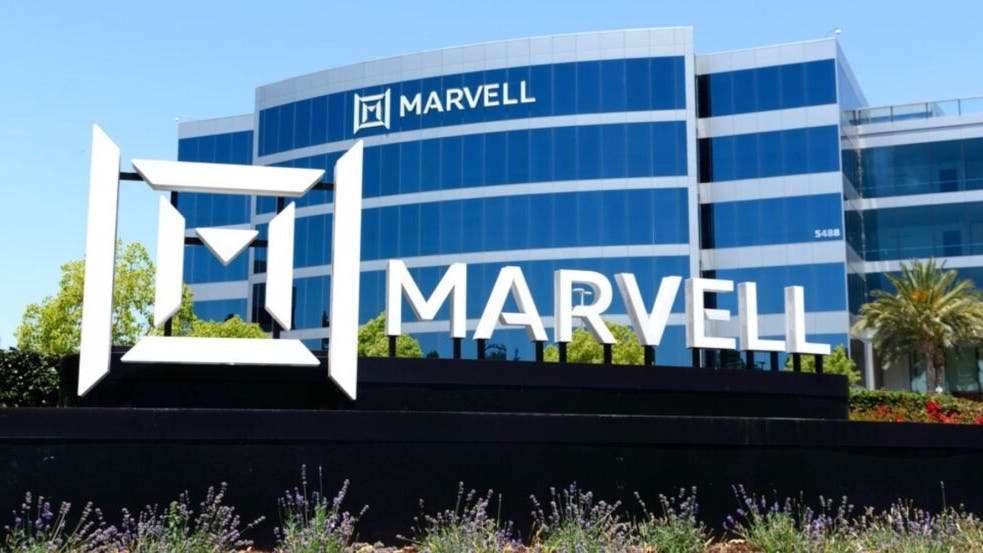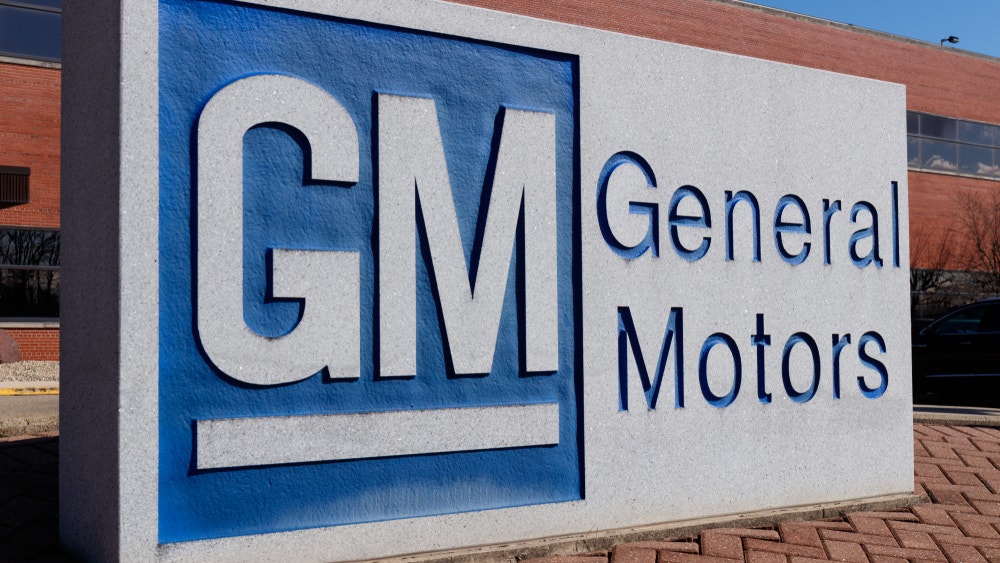The technology sector continues to experience significant workforce reductions, with Layoffs.fyi reporting over 165,000 layoffs in 2022 and 264,000 in 2023. So far in 2024, more than 132,900 employees from 410 tech companies have been let go, as tracked by the same site.
According to an additional analysis by IT jobs portal Trueup.io and estimates from BestBrokers, the actual numbers could be much higher. Their data indicates that 203,946 employees have been laid off across more than 165 tech companies worldwide in 2024 alone.
AI at the Forefront of Workforce Reductions
Many tech companies are explicitly attributing these layoffs to the growing integration of artificial intelligence (AI) and machine learning (ML) into their operations. Notable examples include:
- Cisco is cutting 7% of its workforce while simultaneously investing $1 billion into AI startups.
- Dell is reallocating resources to AI teams by reducing its sales workforce.
- Meta‘s CEO Mark Zuckerberg stated that layoffs were necessary to “invest in long-term, ambitious AI visions.
- Amazon is cutting several hundred positions to focus on generative AI development.
- Intuit is reducing its workforce by 1,800 employees to integrate AI into its software platforms.
Similarly, IBM CEO Arvind Krishna has previously declared a hiring freeze as the company shifts its focus to AI. Reliance Industries chairman Mukesh Ambani emphasized AI’s role in boosting productivity and efficiency after the conglomerate cut 42,000 jobs in the last financial year.
Economic Pressures and AI Investments
“The economic environment is still tight,” said Roger Lee, creator of Layoffs.fyi, in an interview with Bloomberg Technology. Lee noted that companies are making difficult decisions to fund their AI ambitions, with many turning to workforce reductions to cut costs.
Even tech giants like Alphabet, Microsoft, Salesforce, and Sonos—which have not explicitly cited AI as the reason for layoffs—are still making significant investments in the sector. For instance, Google CEO Sundar Pichai, in a memo sent in January 2024, mentioned the need to “remove layers” of the workforce to prioritize “big investment opportunities”. Although he did not specifically mention AI, this memo followed Google’s $2 billion investment in Anthropic, a leading generative AI firm, and the launch of the Gemini AI model in December 2023.
Similarly, in a leaked memo from Microsoft, Jason Zander, the company’s Executive Vice President of Strategic Missions and Technologies, highlighted Microsoft’s focus on empowering customers through AI, especially following layoffs in its Azure cloud and mixed reality divisions. “Our clear focus as a company is to define the AI wave and empower all our customers to succeed in the adoption of this transformative technology,” Zander wrote.
Looking Ahead
As the AI revolution continues, it is evident that tech companies are reallocating resources toward AI development, often at the expense of their workforce. While the full impact of this shift remains to be seen, the current trend underscores the industry’s commitment to leveraging AI to enhance innovation, efficiency, and growth. Layoffs and AI investments appear to be deeply intertwined, signaling a transformation in how companies structure their operations to remain competitive in the ever-evolving technology landscape.














